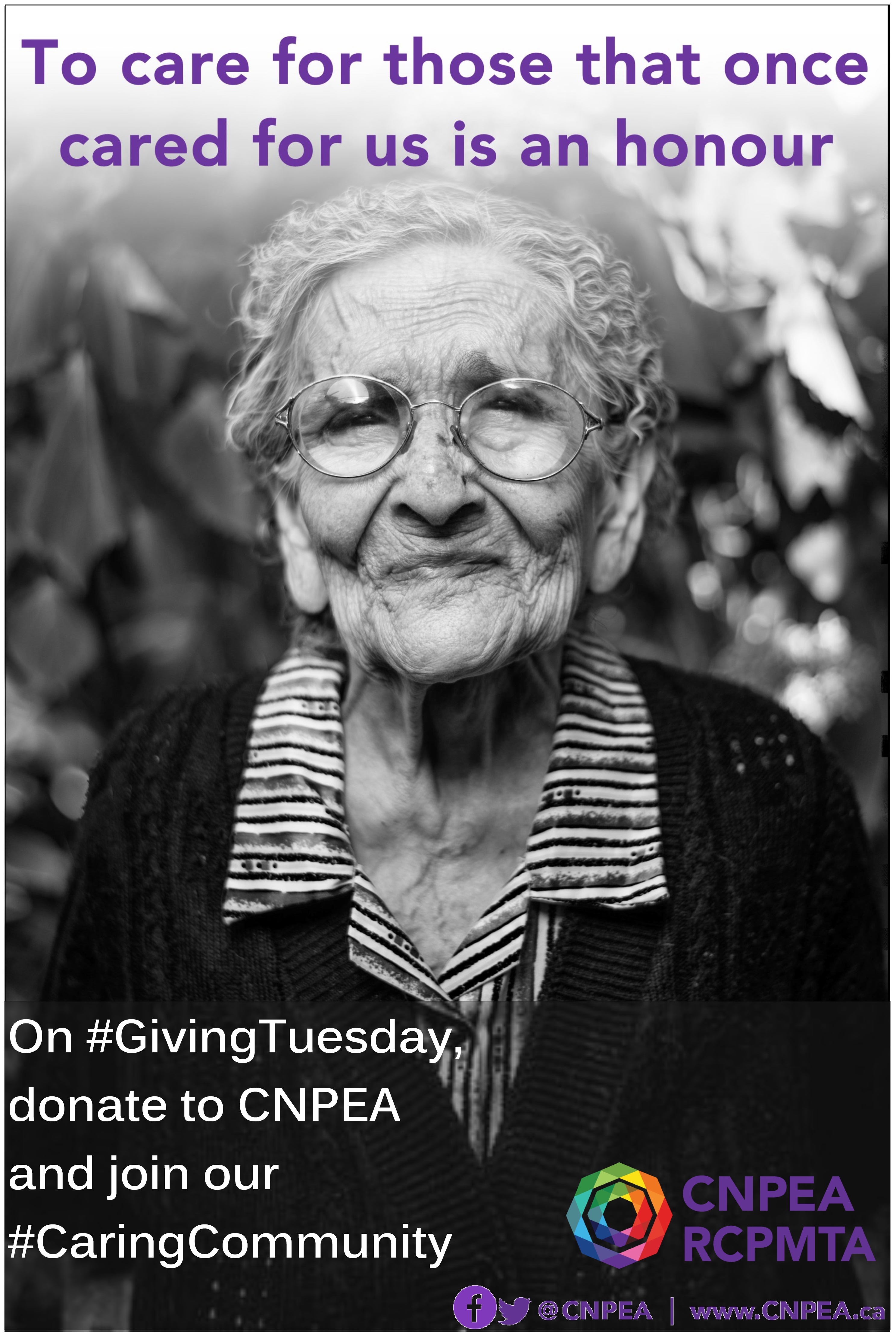Blog
- Details
The following is part of our project “Increasing Access to Justice for Older Adult Victims of Sexual Assault: A Capacity Building Approach”, funded by the Justice Canada Victims Fund.Learn more about this project or consult the full list of resources
Elder abuse is a broad, varied, and intensely sensitive issue. Professors Isabel Grant and Janine Benedet at UBC's Peter A. Allard School of Law recently published “The Sexual Assault of Older Women: Criminal Justice Responses in Canada” where they discuss an issue that they describe as “one of the final taboos of modern life”. Grant and Benedet shed some light onto the underrepresented and misunderstood subject of sexual abuse of older women (which they define loosely as women over 50 years old), an especially pertinent topic as Canada’s population ages. The article outlines four points: (a) that the case law of sexual assault against older women resembles the case law of the general population of the 1980s and 1990s in that they focus on stranger assaults and is disconnected from the realities of elder abuse; (b) that spousal sexual abuse is underreported due to issues with consent concerning dementia and incapacity; (c) that women with significant cognitive disabilities—typically those in care facilities—may be targeted because they will be unable to bring forward a complaint, and; (d) cases that involve sexual assault against a women in long-term care committed by a family member are present despite their lack of acknowledgment in literature, reports, and prosecutions.
- Details
Press Release
YELLOWKNIFE (November 29, 2017) – Minister Responsible for Seniors Glen Abernethy and NWT Seniors’ Society Past President Leon Peterson announced a new partnership today to develop a report card on Government of the Territories (GNWT) programs and services for seniors. The report card will be an opportunity to inventory and assess the effectiveness of GNWT programs and services either designed for or accessed by seniors, determine how well they are meeting seniors’ needs and identify areas for potential improvement or better coordination.
- Details
On November 28th, CNPEA is taking part in #GivingTuesday for the first time.

CNPEA is raising $10,000 to help support its activities, so we can keep providing you with exciting webinars and fresh, informative content; so we can connect with stakeholders across Canada to support practice and policy development; and so we can raise public awareness about the mistreatment of older adults and the ways we can help prevent it.
Will you donate to support our knowledge-sharing hub on #GivingTuesday?
All day on Tuesday November 28th, we will be sharing exciting content to raise awareness about elder abuse prevention.
- Find us on Twitter and Facebook (@cnpea) and share it with your networks!
- Remember to tag us in your Shares/Retweets by using @cnpea and
- Use the hashtags #CaringCommunity and #GivingTuesdayCA
Find all our campaign materials here - use them freely, share them widely!
Are you with us?
- Details
Understanding consent is integral to understanding sexual abuse. The parameters of consent and capacity are especially blurred in some instances of elder sexual abuse where questions of who can consent and when it is meaningful often arise. The issue is especially complex for older adults who experience mental incapacity or dementia, and will be the focus of this piece. This blog post looks at this unsettled field and some of the recent legal developments that have arisen.
- Details
Earlier in November, the Canadian Centre for Elder Law, in collaboration with the Continuing Legal Education Society of British Columbia, hosted the 2017 Canadian Elder Law Conference. In the span of two days, the conference addressed a number of topics ranging from neglect to capacity, evidence, mediation and more. In this blog post, I will provide an overview of the different sessions, panels and speakers, and will focus on emerging ideas that relate to the scope of CNPEA’s current project.
For a full agenda and list of speakers, click here.
Page 33 of 55
















